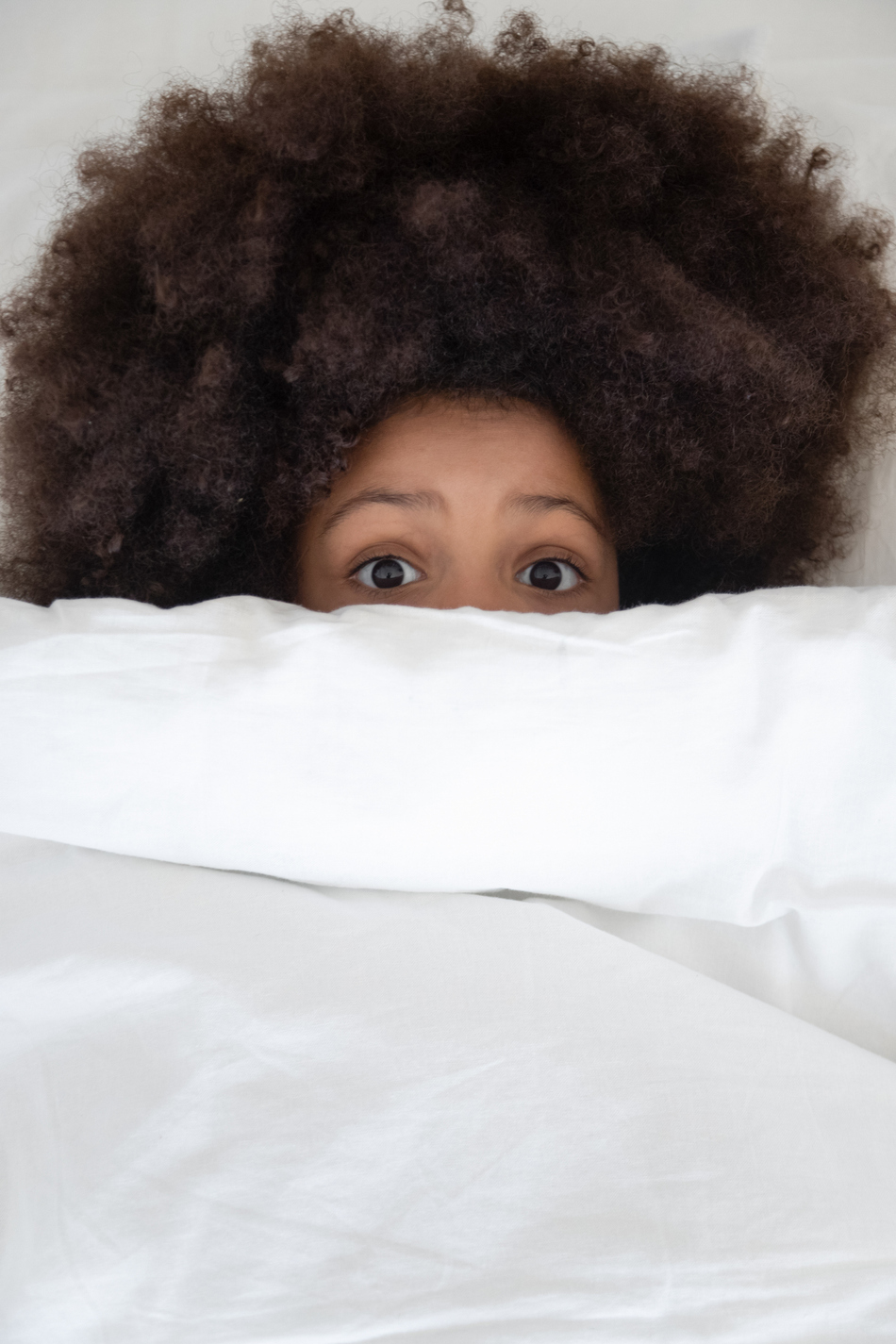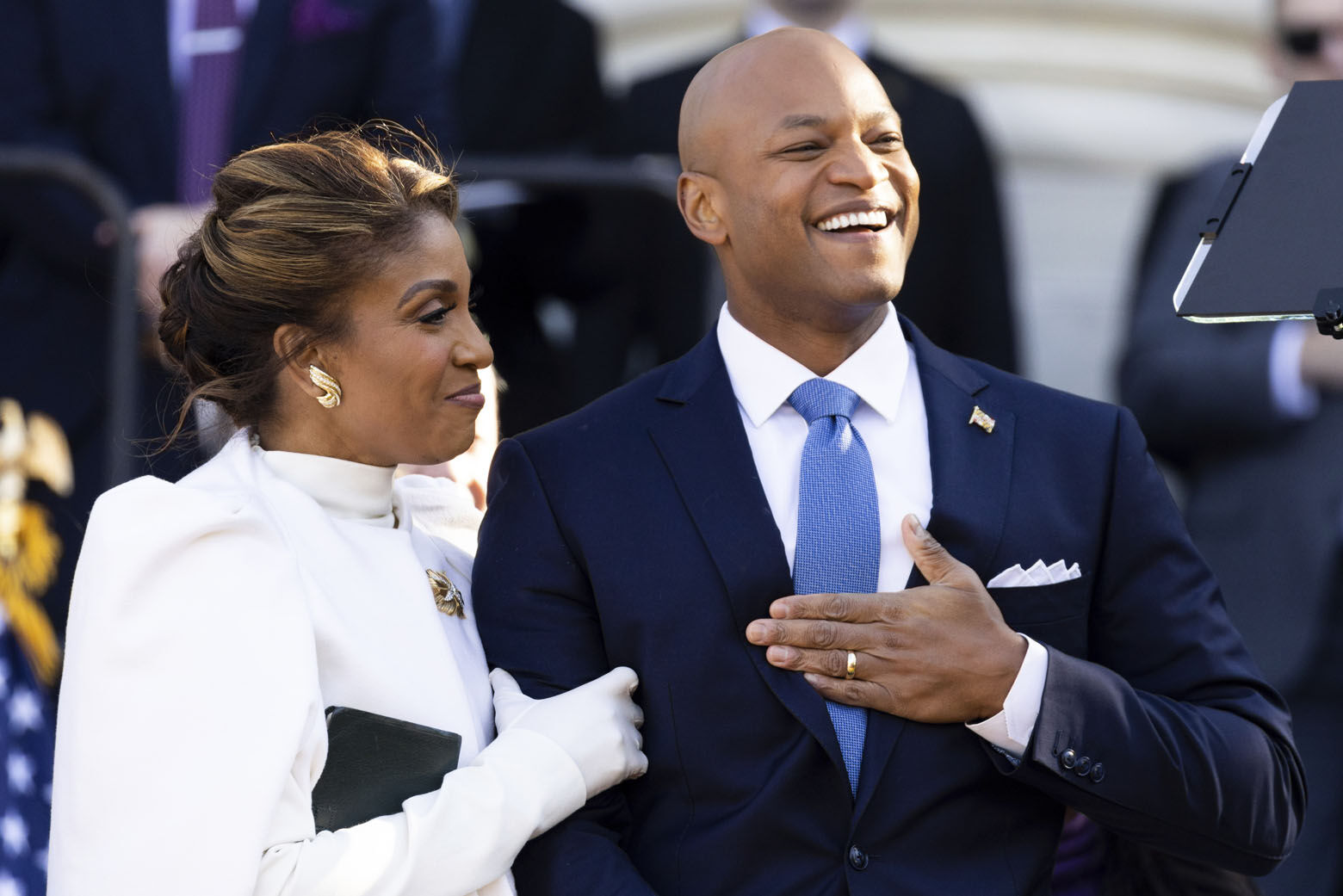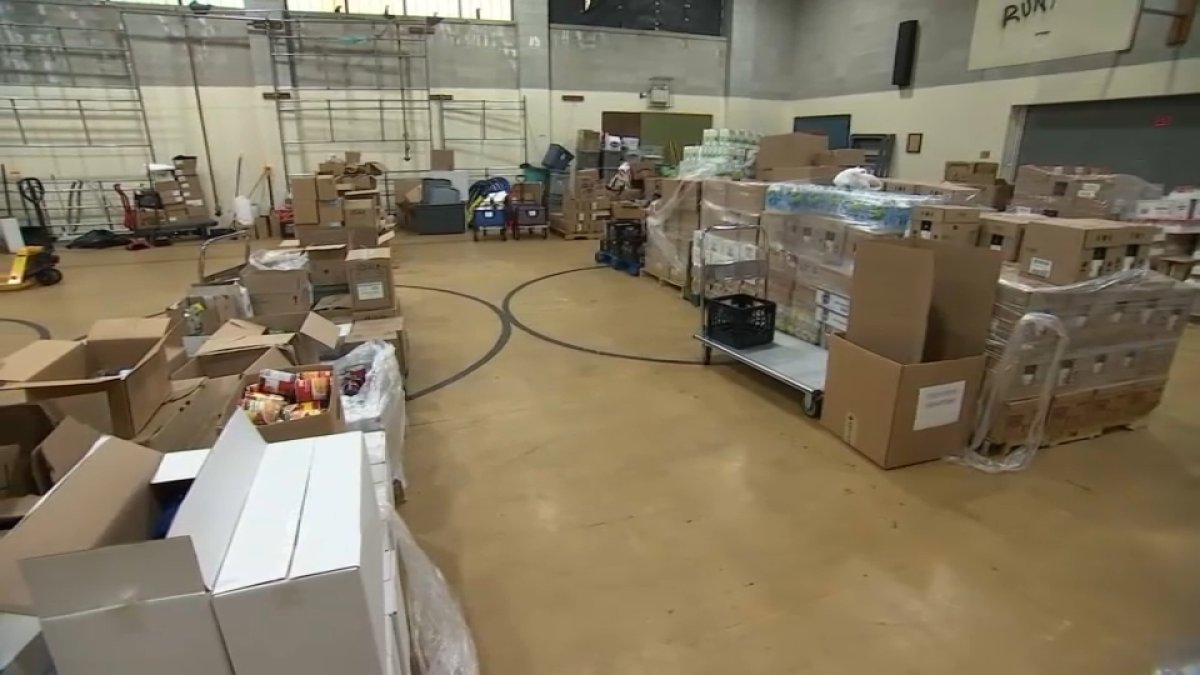
The return to regular trading in Melbourne’s CBD has coincided with a spike in heroin-related overdoses, with drug experts warning that stalling the city’s second safe-injecting room is putting lives at risk.
Former police commissioner Ken Lay is still finalising a report, which was meant to be handed down in 2020, that will recommend the best site for the second safe-injecting room – believed to be the former Yooralla building on Flinders Street.
The delay is putting pressure on community health professionals, who have noted an increase in overdoses and people needing immediate support for drug-and-alcohol-related health issues.
Data from Cohealth, a community health organisation and provider of choice for the second safe-injecting room, shows their City Street Health team has recorded a steady increase in the number of clients accessing the service in the past 12 months. The team has reported four overdoses in the past four months, compared with three in the previous nine months.
Greg Denham, the community partnerships facilitator at Cohealth, said that in 2022 the program engaged with more than 1,428 people in the CBD, 75{d589daddaa72454dba3eae1d85571f5c49413c31a8b21559e51d970df050cb0e} of whom were homeless.
“Since the beginning of this year we’ve seen a steady increase [in] numbers of people we’re dealing with,” Denham said.
“We’re now in a position in the middle of January, where we’re already above what we were in December for the whole month. We’re pushing, at the current rate, 300 to 350 people this month”
Data from Ambulance Victoria shows the number of callouts for heroin-related issues in the CBD jumped to 400 in 2021. In the same period, 300 callouts were made to the city of Yarra, where a safe-injecting room is operating.
Added to this is data from Youth Projects, which runs several drug safety services, revealing its teams have responded to 10 overdoses in the CBD in the past six months.
Denham said the spike was being driven by people returning to the CBD.
“The service users are reflective of the general push to get more people in the city,” he said. “You can’t separate the two.”
The state government has yet to confirm the location of the second safe-injecting room, which has become a contentious issue, with the previous Melbourne city council voting against a proposed site near the Queen Victoria Market in 2020.
Last year seven of the 11 councillors backed an “evidence-based” approach to the issue, with the lord mayor, Sally Capp, renewing her support for a safe-injecting room in the CBD.
Kit, a Cohealth outreach worker with lived experience, said overdose statistics alone were not useful for measuring the impact of a safe-injecting room, which would offer wraparound healthcare.
“The overdoses are just the tip of the iceberg,” Kit said. “The complications or risks are higher when you’re not in a safe place.”
Richie Goonan, the operations manager of community health at Youth Projects, said his team handed out 1m clean injecting kits last year in the CBD and had managed 10 overdoses in the past six months.
“We also have an outreach nursing service we run 7pm each night Wednesday to Sunday and they are seeing a lot of drug use around the CBD compared to 12 months ago,” Goonan said.
Goonan said the safe-injecting room was needed, not just to save lives but to offer healthcare in a non-judgmental setting.
“While [saving lives] has to be the No 1 ticket item, it is also about the dignity we’re providing drug users [so that] they’re not forced to go down back alleys,” he said.
The current injecting room in Richmond has faced backlash from parts of the community, but a spokesperson for the service said it had managed more than 6,000 overdoses onsite and saved at least 44 lives over the past five years.
“The service has taken pressure off local hospitals, reduced ambulance callouts, led to a decrease in public injecting and removed barriers to critical health and social supports for people in our community who need them,” the spokesperson said.
A spokesperson for the Department of Health said the pandemic has significantly changed aspects of the CBD, including population, foot traffic, drug harm, the types of drugs people buy, where they consume them, and homelessness patterns.
“A second supervised injecting service will save lives and change lives however, no decision has been made regarding the final location for the Melbourne Supervised Injecting Service,” the spokesperson said.

/cloudfront-us-east-1.images.arcpublishing.com/gray/TAXROKCH5ZC2XG25VM5QIDVAWU.jpg)





